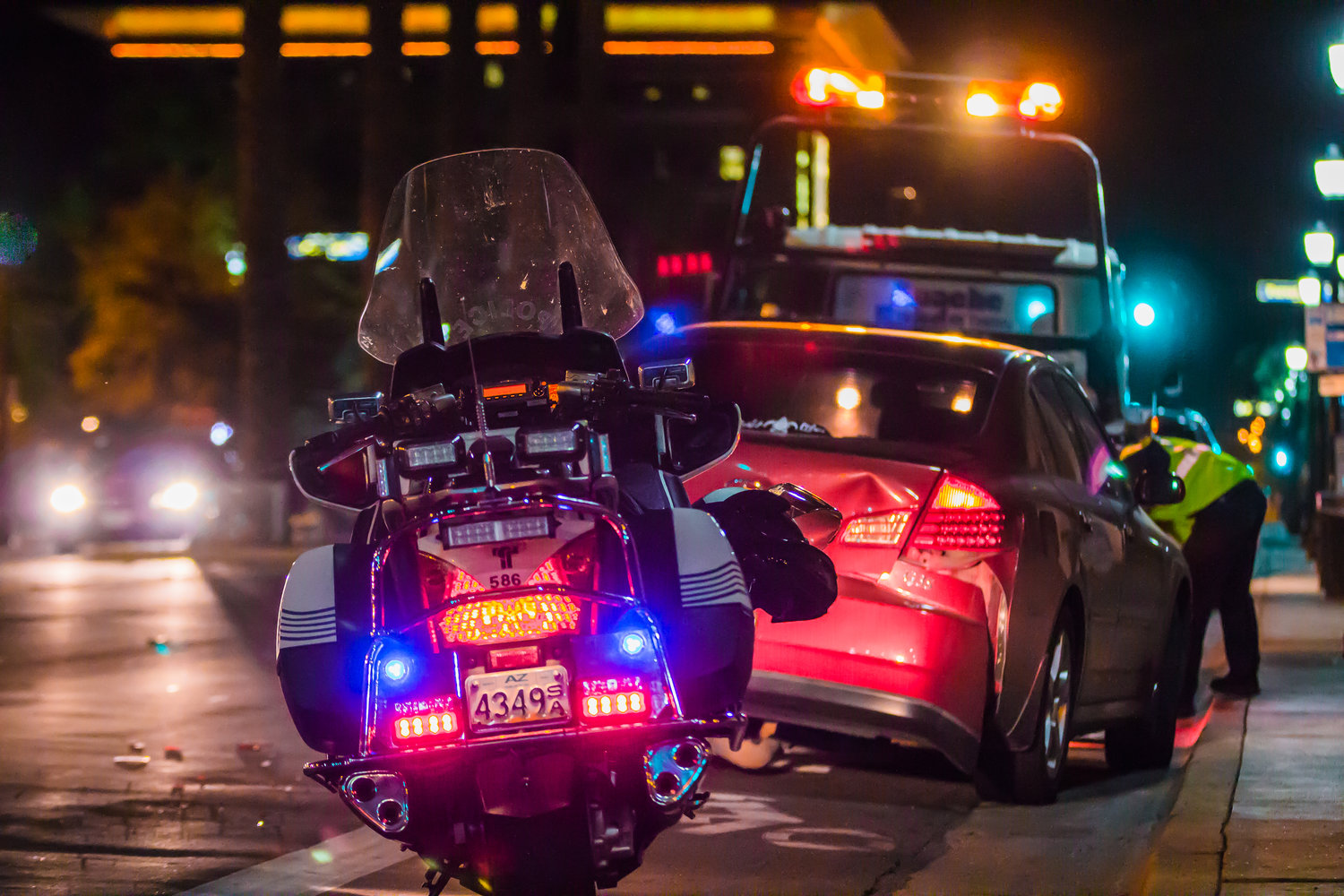3 min read
Personal Injury 101: What not to do after an accident
Aaron Ferguson Law Jul 27, 2020 12:00:00 AM

Car accidents are commonplace in our lives, yet finding yourself personally involved in one of these unfortunate events can be a daunting and disorienting experience. Even the most practiced drivers make mistakes or lose their composure when a sudden collision occurs.
A recent Aaron Ferguson Law blog by C. Jeremy Lagasse, Esq. discussed some key steps you can take to be proactive at the scene of a crash. While these tips are invaluable lessons in what you should do, there are likewise a number of things you should not do if ever in an accident. Some of these common mistakes that accident victims make can severely damage the merits of your case. Here are a few of those pitfalls that can and should be avoided.
Do not admit fault!
It is an honest instinct to apologize for an accident that may have been partially your fault, especially if it results in injuries, but it is critical not to apologize or admit that the accident might be your fault. As a general rule, you should not admit anything about the cause of the accident before talking to an attorney. Speaking about being at fault, even partially, might hurt your claim, especially if you did nothing wrong.
Do not “shrug off” your injuries!
People who have experienced trauma often do not feel the full effect of their injuries until days, or even weeks, later. We see this kind of delayed realization all the time because accident victims often minimize their injuries in the heat of the moment or when facing an expensive ambulance bill. Another factor is that shock and adrenaline can block your brain’s ability to feel the full effects of an injury as a survival response. Some common injuries, such as whiplash, may not even appear until hours or days after the accident. We routinely speak to victims of crashes who report that their back started hurting two or three days after the collision. That is why you should always seek medical attention after an auto accident, regardless of how you feel in the moment.
Delaying treatment can make your injuries worse and provides the insurance companies an easy excuse to question and potentially deny any injury claim you make due to the accident. Finally, if you decide to pursue a legal claim for compensation, medical records are necessary evidence to support your claim.
Do not speak to the insurance company without your attorney!
Insurance companies exist to make profit and therefore do not have your best interests at heart. It is the insurance adjuster’s job to save the company money by paying out minimal benefits. One way an adjuster will accomplish that goal is to use your words against you. That is why you should never give an insurance company any more information than is required to file a claim.
It is important not to discuss your injuries or what occurred during the accident until you speak with an attorney. If you answer the insurance company’s questions without legal counsel, you are potentially opening yourself up to lower compensation for your claim. Be especially careful not to provide a recorded statement without first consulting an experienced attorney.
Do not rely on your memory!
Memories fade and are susceptible to suggestion. Trying to recall the details of your accident months after the fact can lead to mistakes that damage your claim. Always record what happened, in your own words, as soon as possible after the accident. Record every detail, including injuries, vehicle information, vehicle damage, names and contact information of witnesses, and any statements made by the other driver(s) at the scene. It is also a good idea to mention weather conditions, unusual circumstances, or any other pertinent information you think might be helpful to your future claim.
Do not leave the scene without filing a police report!
In Minnesota, you are required to file a police report if the crash results in injury, death, or property damage to an apparent extent of $1,000 or more.
Even if you do not suspect any injuries or if all involved vehicles have only minor damage, it is always advisable to call the police to the scene of a crash. This will ensure you get an official accident report, which is one of the most critical parts of every car accident claim.
Do not try to handle a claim by yourself!
Finally, it is essential that you contact an attorney to discuss any car accident. Do not let the insurance company shortchange you. If you or a loved one has been involved in a crash, please call our office at 651-493-0426 to schedule a free consultation with one of our experienced personal injury attorneys.
Get a Free Case Consultation

